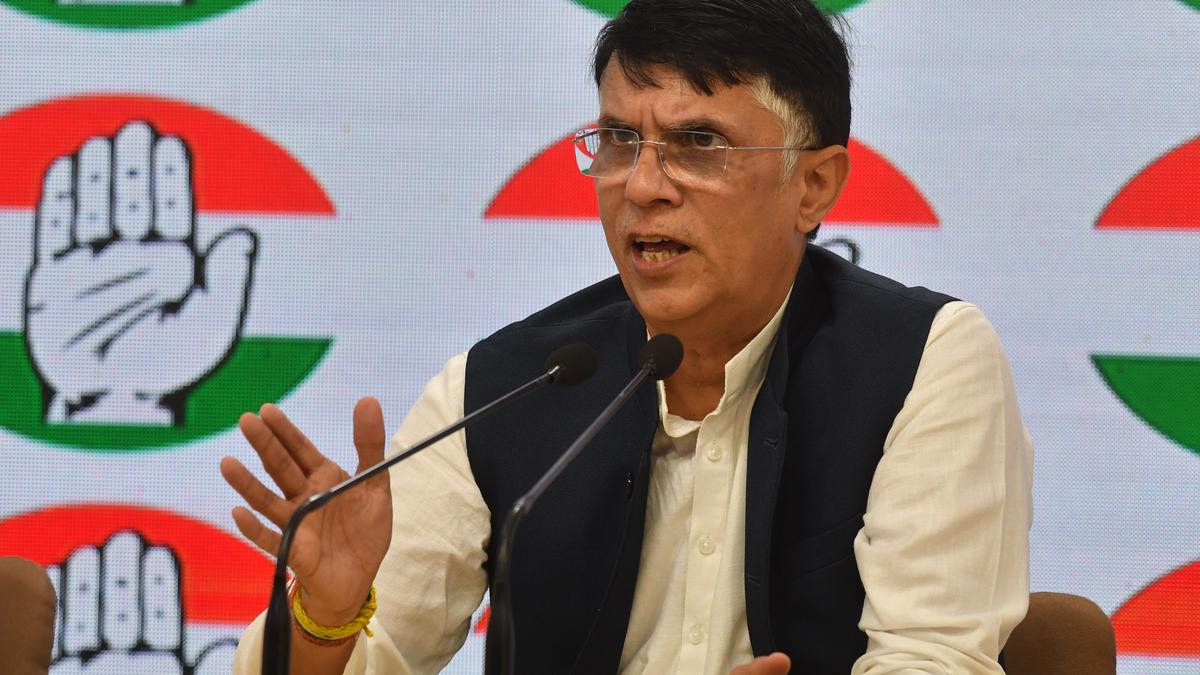
Manmohan Singh's Ashes: Family Privacy vs. Political Controversy
Manmohan Singh's Ashes Immersed in Privacy: Congress Responds to BJP Criticism
The passing of former Prime Minister Dr. Manmohan Singh has sparked a political debate, with the BJP criticizing the Congress for not accompanying the family during the immersion of his ashes. The Congress, however, maintains it was a conscious decision to respect the family's privacy.
Respecting the Family's Grief: A Private Ceremony
Following the cremation of Dr. Singh, senior Congress leaders Sonia Gandhi and Priyanka Gandhi Vadra visited the family at their residence to offer their condolences. Discussions ensued, highlighting concerns regarding the lack of privacy during the cremation and the challenges faced by extended family members. The decision was made to ensure a more private setting for the "Phool Chunana" ceremony and the immersion of the ashes – moments emotionally significant for the bereaved family. This sensitive approach prioritizes the needs of Dr. Singh's loved ones during this difficult time. This move demonstrates empathy and highlights the importance of considering personal feelings during public events of such magnitude. The fact that some extended family couldn't make it to the pyre adds a layer of sensitivity that was duly acknowledged by party leadership.
Family-Centric Decisions Amidst Public Scrutiny
This private ceremony was not a statement or reflection on protocol, but rather a choice focused on providing comfort to the bereaved. Public figures, even former Prime Ministers, deserve moments of privacy, especially amidst intense emotions of loss. The solemnity of these rituals should take precedence over the public eye, allowing the family to process their grief appropriately. Many families prefer the respect that such privacy brings when facing loss and such choices should always be honored. Respect for the family's decision transcends political dynamics.
Beyond Politics: Respect for Sikh Rituals
Dr. Singh’s ashes were immersed in the Yamuna River near the Majnu ka Tila Gurdwara according to Sikh traditions. His wife, Gursharan Kaur, and his three daughters were present, along with other close family members. The ceremony highlighted the significant role faith plays in family traditions surrounding loss and mourning and emphasized the family-centric focus on private moments.
Preserving Religious Practices
This deeply personal event adhered closely to established Sikh customs. The family will also hold an 'Akhand Path' (a continuous recitation of the holy scriptures) at their official residence followed by a 'bhog' ceremony, 'Antim Ardas' (final prayer), and 'kirtan' (religious hymns) at the Rakab Ganj Gurdwara – this underlines the significance of the traditions to the family and the continued practice of remembrance and prayers after the immersion ceremony. This exemplifies the importance of honoring religious rituals while providing space for privacy and mourning.
A Legacy of Service: Remembering Dr. Manmohan Singh
Dr. Manmohan Singh’s passing marked the end of an era. As India's Prime Minister, he ushered in an era of economic liberalization in the 1990s, impacting the nation’s economic trajectory significantly. He was a highly respected figure across political parties, highlighting his enduring stature. This quiet remembrance reinforces his commitment to family and country. The legacy of a truly remarkable leader deserves proper recognition and respect.
State Funeral and Political Aftermath
Dr. Singh's state funeral at the Nigambodh Ghat, despite the subsequent political differences and disagreements about memorializing him appropriately, underscored his monumental status in India's political and economic spheres. The political debate, focusing on ceremony protocol and respect, overshadows the importance of the contributions made during his lifetime in service to India.
Conclusion: Take Away Points
The immersion of Dr. Manmohan Singh’s ashes was a private event that appropriately prioritized the family's grief and the solemnity of Sikh traditions. The controversies that followed highlight the complicated interplay of family and personal grief within the public arena. Respecting individual traditions and choices, particularly during the grieving process, remains paramount. The actions of the Congress emphasize the significance of respecting private moments and preserving religious traditions when confronting moments of national grief.








